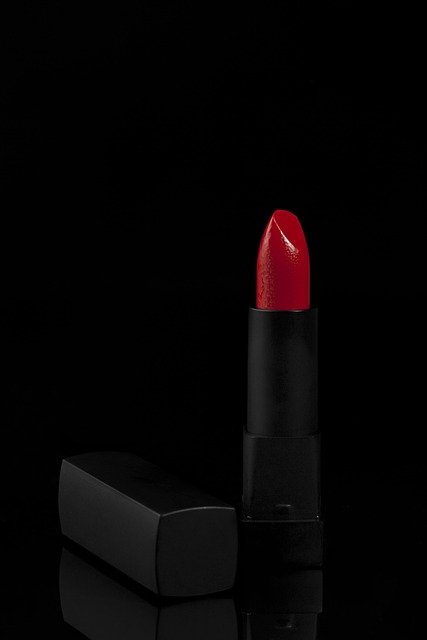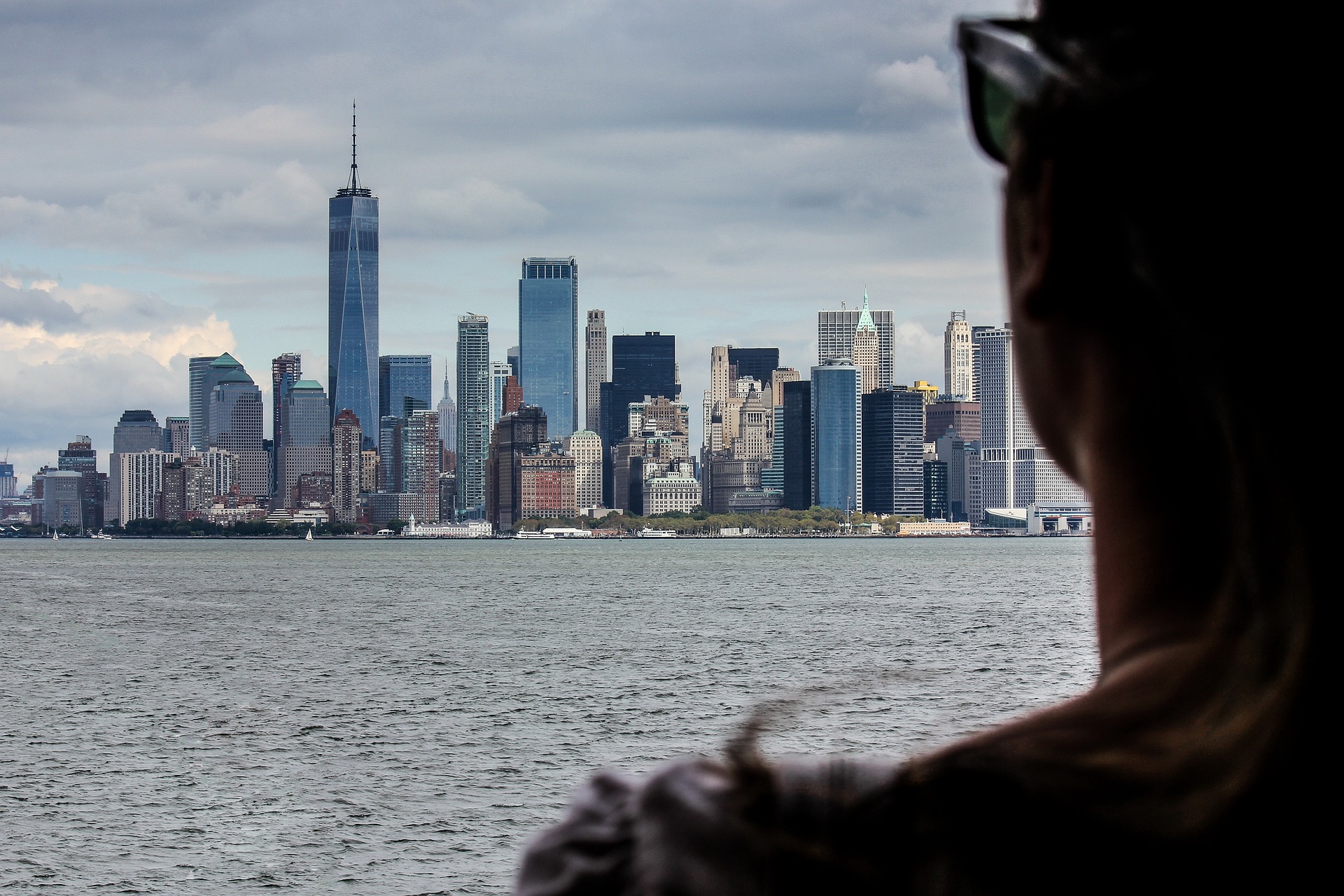The Power of Minimalism in the Beauty Industry
The beauty industry has seen a shift in recent years, moving away from the heavy, dramatic looks that once dominated the market to a more natural, minimalist approach. This new wave of beauty celebrates the individual, focusing on enhancing natural features rather than covering them up. Minimalism in beauty is not just about using less product; it's about embracing a more sustainable, ethical approach to beauty that values quality over quantity.

The Roots of Beauty Minimalism
Minimalism in beauty can be traced back to ancient times when women used natural ingredients like honey, milk, and essential oils to enhance their beauty. But it was in the 20th century, particularly during the 1960s and 70s, when minimalism in art and design began to influence the beauty industry.
During this era, many women started rejecting the heavy makeup looks popularised in the 1950s, opting instead for a more natural look. This trend continued into the 90s, with celebrities like Kate Moss and Gwyneth Paltrow championing the minimalist look.
Today, the minimalist beauty trend has re-emerged, driven by a younger generation that values sustainability and authenticity. Consumers are becoming more knowledgeable about the products they use and are demanding more transparency from beauty brands.
The Rise of ‘Less is More’
In recent years, there has been a growing trend towards ‘less is more’ in the beauty industry. This has been driven by several factors, including a greater awareness of the environmental impact of beauty products, a shift towards more natural looks, and a desire for a simpler, less cluttered lifestyle.
Consumers are becoming more conscious of the ingredients in their beauty products and are opting for products with fewer, more natural ingredients. They are also seeking out brands that align with their values, particularly those that are cruelty-free and eco-friendly.
The rise of ‘less is more’ has also been influenced by the popularity of Korean beauty trends, which emphasise a healthy, glowing complexion over heavy makeup. This has led to a surge in demand for skincare products, with consumers focusing more on maintaining a healthy skin rather than covering up imperfections.
The Impact of Minimalism on the Beauty Industry
The rise of minimalism has had a significant impact on the beauty industry. Brands are having to adapt to changing consumer preferences, with many launching ‘clean beauty’ lines that focus on natural, ethically sourced ingredients.
The minimalist trend has also led to a decline in sales of traditional makeup products. According to a report by the NPD Group, makeup sales in the U.S. fell by 5% in 2019, while skincare sales grew by 5%. This reflects a wider shift in consumer spending, with more emphasis on skincare and less on makeup.
The minimalist beauty trend has also influenced how products are marketed, with a greater emphasis on transparency and authenticity. Brands are being more open about their ingredients and production processes, and are using real people in their advertising campaigns rather than airbrushed models.
Reception and Future of Beauty Minimalism
The reception to beauty minimalism has been overwhelmingly positive. Consumers appreciate the focus on natural, ethically sourced ingredients and the move towards more sustainable practices. They also appreciate the emphasis on individual beauty and the idea that less can indeed be more.
However, the minimalist beauty trend is not without its critics. Some argue that it puts too much pressure on women to have perfect skin, and that it’s just another form of beauty standard.
Despite these criticisms, the minimalist beauty trend shows no signs of slowing down. As consumers become more aware of the impact of their purchasing decisions, it’s likely that demand for minimalist, eco-friendly beauty products will continue to grow.
Unique Insights: Embrace the Minimalist Beauty Movement
While it’s easy to get swept up in the latest beauty trends, it’s important to remember that beauty is highly personal. What works for one person may not work for another. The minimalist beauty movement is about finding what works for you and embracing it.
It’s about understanding that beauty is not about covering up or conforming to a certain standard, but about celebrating individuality and natural beauty. This shift in perspective can lead to a more sustainable, ethical approach to beauty that values quality over quantity.
In the end, the rise of minimalism in the beauty industry is a reflection of a broader societal shift towards more sustainable, conscious consumption. It’s a trend that not only benefits the individual, but also the planet.




